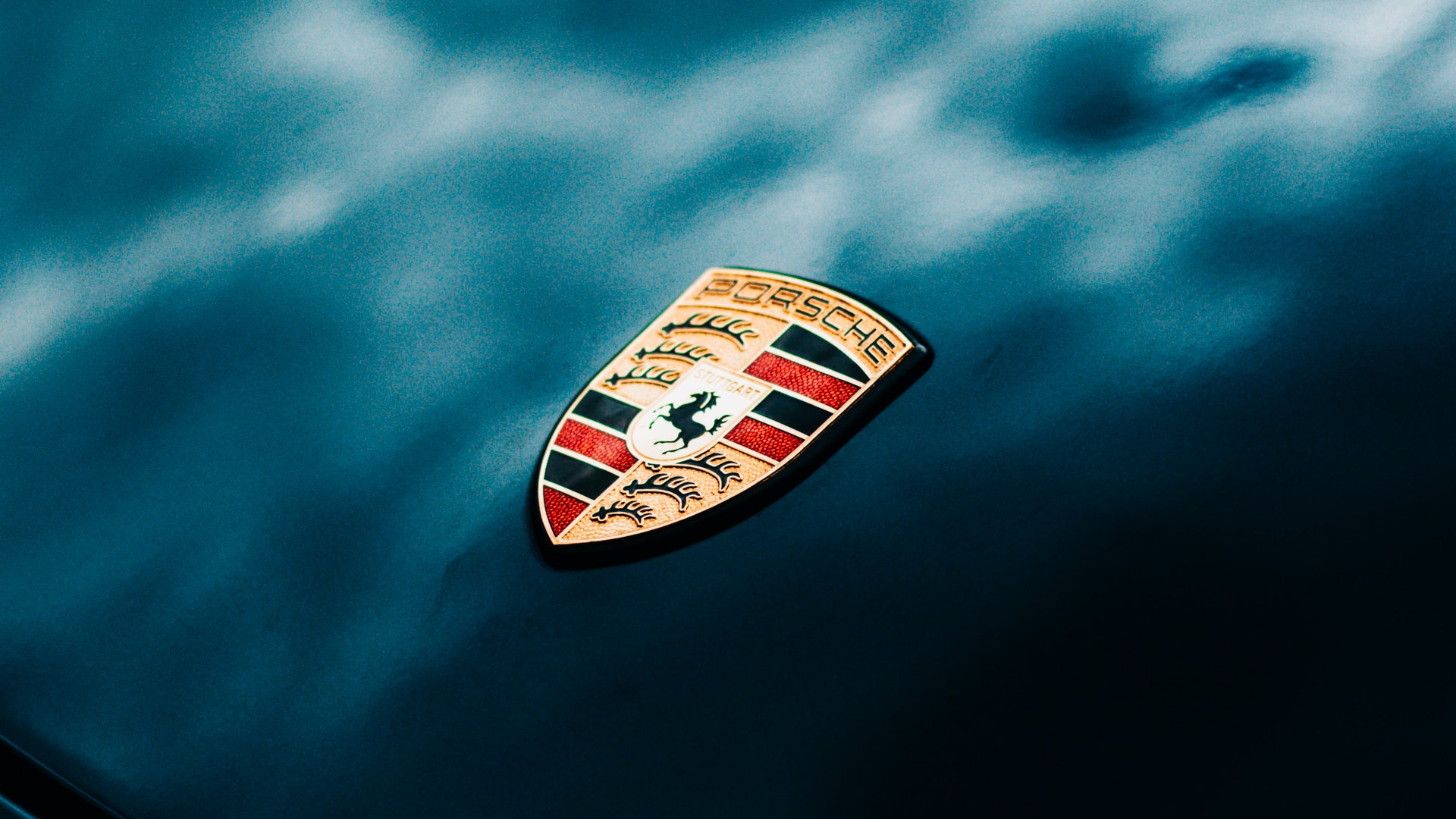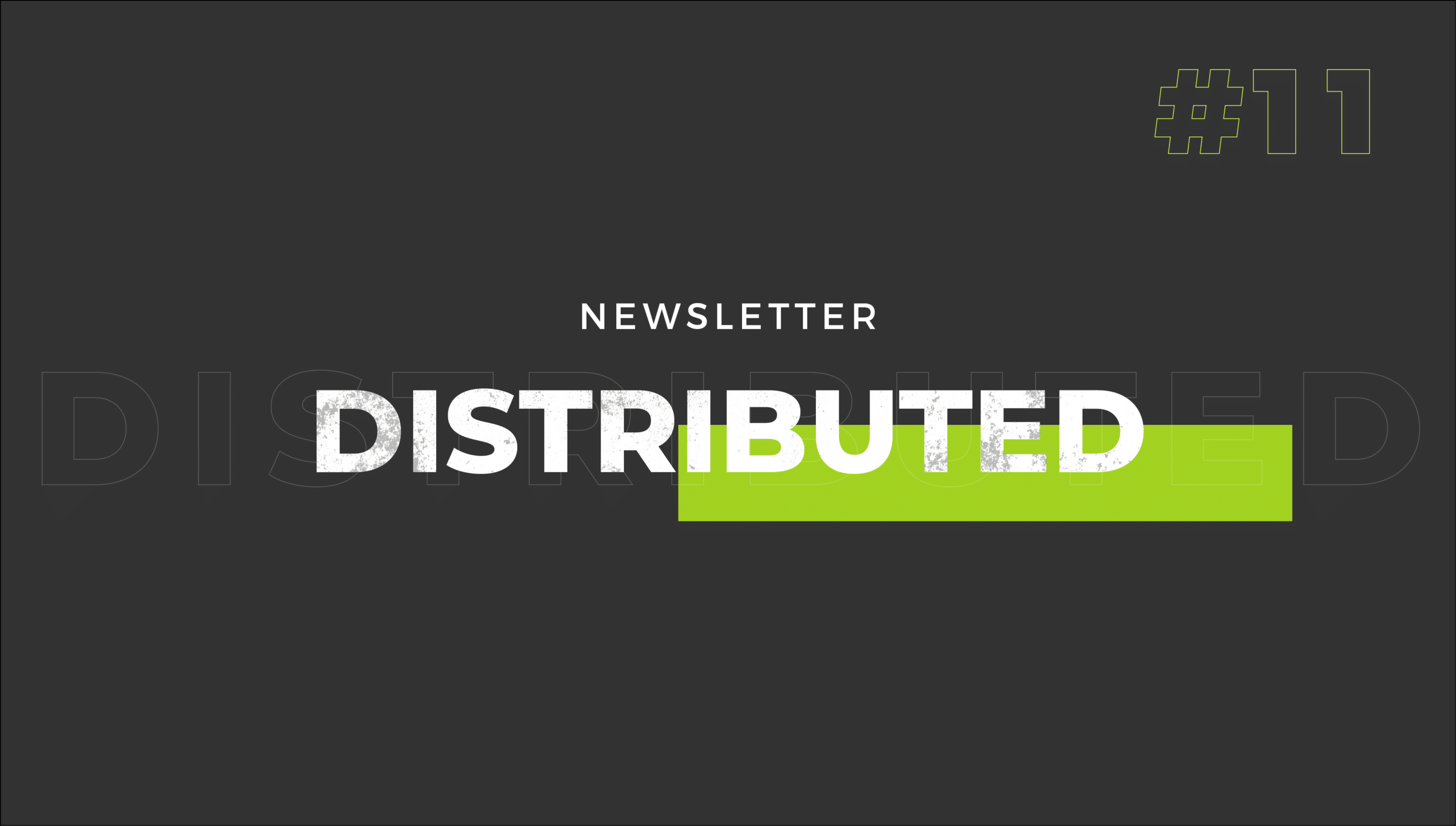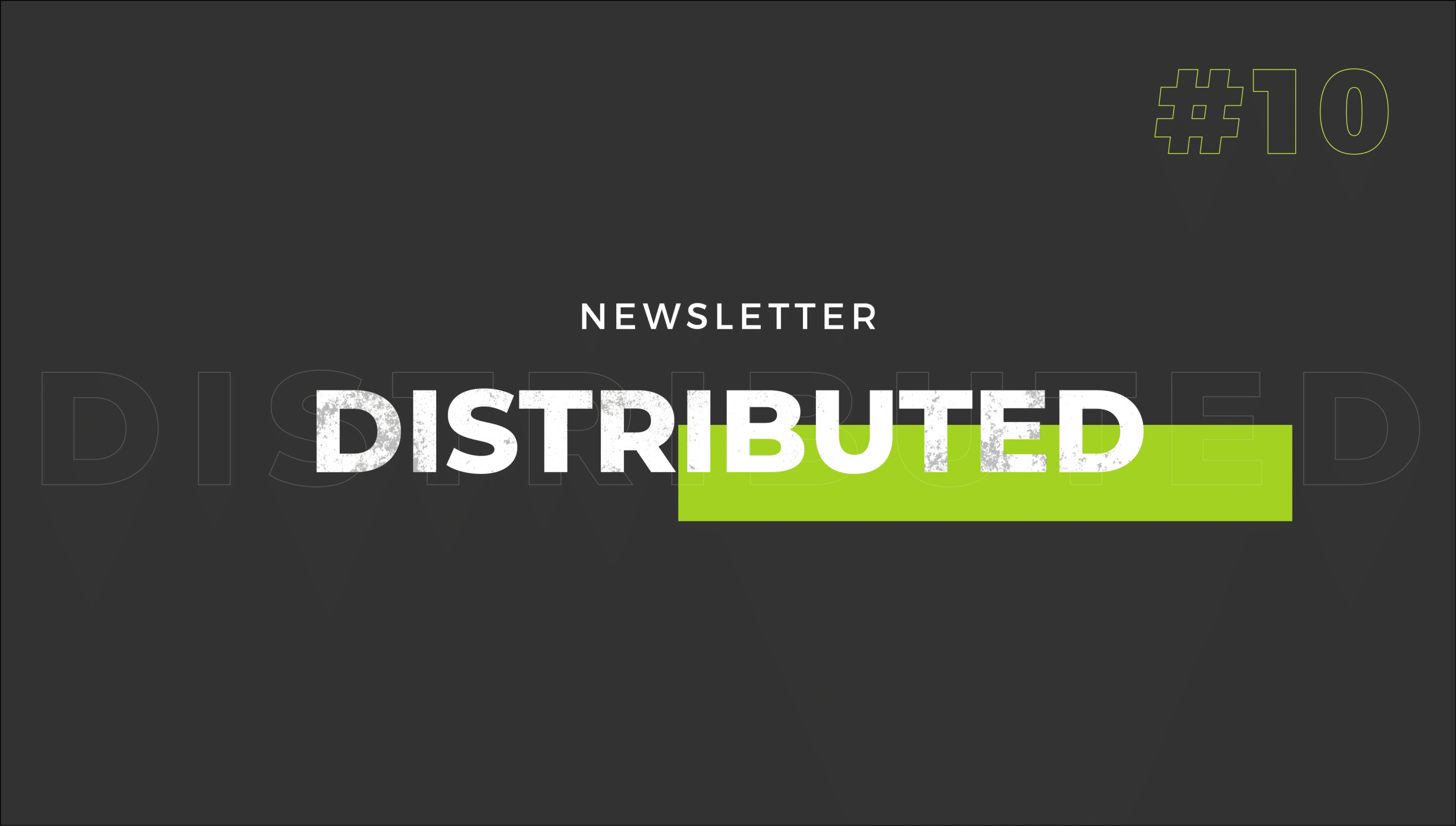No matter what product or service your business offers, if you believe in it you think it can stand on its own. It’s only natural. If you just tell people what it does, they’ll see how great it is and buy it. Simple, right?
The problem is twofold: that’s not the way people buy. And everyone else in your industry thinks exactly the same thing about whatever they’re selling.
For example, if you do a quick Google search for speakers, you’ll see selling points such as:
- Sounds great outside
- Bluetooth capability
- Rechargeable battery
- Durable construction
Those are all probably accurate, and they’re all probably great reasons to buy a speaker. But when everyone makes the claim, it’s impossible to know who’s telling the truth the most. That means customers are going to look for something else to make their decision. So if every time you or your sales team talk about your company you simply spew features and benefits, you’re missing a big opportunity to increase marketing’s effectiveness—and sales for your company.
Consumers buy emotionally and justify rationally.
Neuroscience research has actually indicated that people do not make buying decisions with our rational brains. Rather, we make approximately 95% of the decision using our subconscious—which happens to communicate through emotion.
On one hand, this can sound a bit scary. Everyone has had a rush of emotion and said something regrettable; are you making the same mistake in your buying decisions? Fortunately, no, you’re not. In fact, research shows that buying decisions based on emotion are remarkably well-informed. Your subconscious takes into account data from your entire life to help you make the best possible choice. The colloquial term “gut decision” is founded on the subconscious brain and the way that you feel an emotion—a gut reaction—that is somehow incredibly well-informed.
If emotion and the subconscious only account for 95% of the decision, where does the other 5% come from? This is where reason comes into play. Your conscious mind can’t just let the subconscious have all the fun—it has a need to feel secure in the choice as well, so it searches for justification through rational sources. This is why no matter how much everyone loves Apple’s brand-centered marketing, Apple still has to show statistics such as how much storage a device has, or how the specs on the newest camera on the iPhone 13 ProMax will simply blow away your soon-to-be outdated iPhone 12.
Buyers need both the rational and emotional sides of the brain to feel comfortable in order to make a buying decision. For simple choices, such as where to buy gas, it’s usually easy. You have almost no emotion attached to the brand of gas that goes into your car, so you pick the most convenient and cheapest option, or some combination thereof. If your “low fuel” light is on and the only gas station at the next exit is a Shell, you aren’t going to wait for BP just because you like the brand.
Where things get tricky is when the buying process isn’t so simple. If you’ve ever felt like you have the best product, but you constantly lose to inferior competition, emotion could be the sticking point in your process.
Relying on features and benefits turns your product and brand into a commodity.
When your buyers see the same (or extremely similar) qualities in your product and your competitors’ product, how can they make a rational decision? There is technically no wrong answer if they’re functionally too similar to tell them apart. It then becomes a race to the bottom—who can offer the lowest price or the longest trial period? Who is willing to offer the lowest rate on the purchase or give the biggest discount?
A prime example of this is the automotive industry, which seems to be in a constant state of “zero money down” and “zero percent APR for endless months” offers—effectively stripping their margins and forcing their sales teams into the classic conversation: “I’ll see if I can make that deal happen. Let me talk to my manager.”
You know which car companies never have to worry about this situation? Porsche, Jaguar, Bentley. Their brand power is so strong no one ever expects—or even really wants—a deal. The emotional draw to these automotive brands is so strong that consumers will even pay above MSRP to have the coveted Stuttgart Coat of Arms on their driveway.
When a product or service lacks brand power, consumers don’t have an emotional reaction to the offer. This allows the rational mind to take over. The rational mind works well for a simple, commodity decision such as, again, gas for your car. Which offer is the most convenient and cheapest? You balance these two choices rationally, buy your gas, and forget about the purchase the moment you leave the station.
For more complex buying decisions, such as buying a new piece of technology or purchasing professional services, the rational mind is actually a negative for everyone. As a buyer, you want to feel confident in the decision you’re making. A complex buying decision already puts this in doubt, and when there is no emotional reaction to the deal, it gets even more difficult to have a strong, positive feeling about your final decision.
As a seller, you’re stuck with a non-differentiated message and no true leg to stand on. Sure, your product or service is great—but your buyer keeps asking you question after question after question. This paralysis by analysis is the rational brain trying to make a decision when there is no apparent difference. It leads to lost opportunity and lots of wasted time.
The stronger your brand is, the less this happens. It is your differentiator. It doesn’t have to be measured or analyzed, and it cannot be compared to your competitors because your brand is uniquely you. If you’re struggling to gain traction with a complex offer, building a stronger brand may be the answer you’ve been searching for.
A strong brand allows you to charge a premium.
We’ve established that 95% of the buying process happens at the subconscious emotional level, and that in a complex buying decision the rational brain is going to slow the process down to a crawl—effectively killing the ability to get the deal done. Both of those are great reasons to build a strong brand, but the true test of your investment in brand building comes in your ability to charge a premium for your product or services.
First things first: you cannot build a house of cards and expect it to remain standing. That means that even with a great brand, if your offer is consistently underwhelming for your customers, that truth will come out through word of mouth and you will lose business. Having a strong brand will get you more at-bats, but eventually your product or service absolutely has to be good in order to win your market.
One of the best examples of how a strong brand affects the value derived from your business—and therefore the price you can charge—is your attorney. A well-respected lawyer can charge $500 or more per hour for their services. Why? Because their reputation is that they are the best option, and if you want the best option you need to pay top dollar.
It’s similar in the medical field. The doctor who operates on top NFL athletes and other sports superstars is able to charge much more than one without that sort of clout. The immediate thought when you think of a world-renowned surgeon is, “If they are good enough for LeBron, they’re good enough for me!” Nobody shops around for elbow surgeries—if you can afford Dr. James Andrews, you get Dr. James Andrews. That is brand power in its purest form.
When your brand gives people a strong, positive emotional reaction, you’re providing more value in the buying process and throughout the buyer’s journey, and therefore can charge for that value.
To see the power of brand over features, look at results from economic downturns.
Sales consultant Brian Kavicky put it perfectly: “When your resources are constrained, you actually turn more toward high-value. You don’t say, ‘Oh, my resources are constrained so I’m going to only eat at McDonald’s because it’s the cheapest option.’ You eat more at home, control your ingredients, shop for quality.”
The way buyers determine what is and what is not quality is somewhat arbitrary. Every product and service has substitutes and strong competition. What gives you a competitive advantage and differentiates you from your competitors isn’t the latest feature. It is what you are at your core. Why you exist. Your brand.





